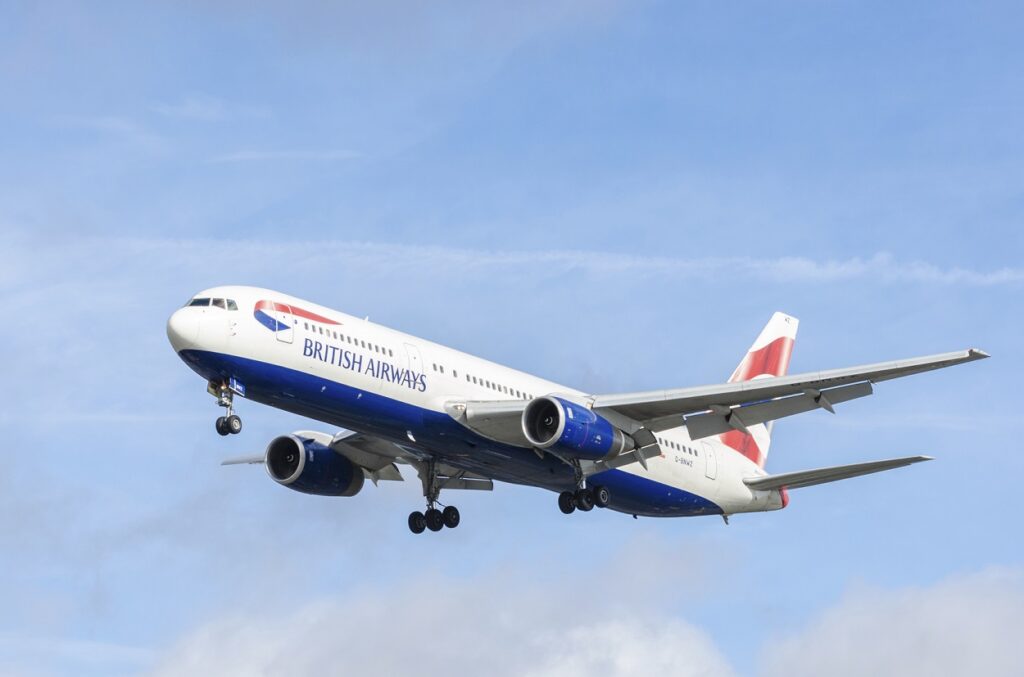Industrial action is nothing new to British Airways, Britain’s flagship airline. No surprise then when we hear of possible action over the introduction of a new performance appraisal system.
For BA’s Director of People and Legal, Maria da Cunha, this must be a disappointing result given her commitment to a more engaged workforce.
In 2015 da Cunha was “challenging people to find different ways of doing things, and to improve productivity and efficiency. And for that we need highly engaged staff – people who, in times of disruption, are willing to give discretionary effort.”
It’s clear the aim of the new system is aligned to this drive for productivity and different ways of doing things.
"Feedback from customers"
As da Cunha says, “we've introduced a new system that includes feedback from customers about how they are looked after onboard. This sort of feedback is common in all industries. The system enables us to commend cabin crew who perform well and support those who need to improve so that we ensure our customers get the very highest standards of service.”
Where things may have come unstuck is in the detail.
The warning signs are in the challenge put forward by Unite regional officer Matt Smith, who said: “In its current form this new dashboard system means, as an employee, you are constantly given red, green and possibly amber, based on a never-ending ‘continual improvement’ score, which, we believe, eventually year-on-year will become impossible to achieve.”
Unless you are one of the 5% exceeding expectations, the result is a feeling of being judged.
This detail taps into the essence of why performance appraisal systems have always been disliked and why they are now being modified or phased out in many organisations.
The problem of judgement
Any kind of rating, whether red, amber, green, a score from 1 to 5 or a descriptor such as Exceeds or Needs Improvement, is essentially a judgment and people hate to be judged. Unless you are one of the 5% exceeding expectations, the result is a feeling of being judged and a confirmation of inadequacy, in a very public way.
Continuous improvement is also a challenging concept. It can feel like the business is demanding a never-ending search for new ways to do things, when in fact, doing what has always been done, with a smile, can be just as effective.
In both these challenges, feelings are paramount. Whether BA is being judgemental or not and whether they are actually demanding never-ending change, is not important. How BA’s cabin crew feel about it is very important. So much so, they feel driven to consider industrial action.
But who is voting for industrial action?
It is interesting that the CIPD article quotes 94% of BASSA members voting for some form of action. This is almost exactly what the typical performance appraisal distribution curve would throw out as “meets expectations" or “below expected performance.”
Are the 6% voting against actions those same people who feel confident of an “exceeds expectations” rating?
Either way, da Cunha’s hope of improved engagement amongst BA’s staff is going to take a knock with what appears to be the implementation of practices many business are actively moving away from.
I wonder what practices a selection of cabin crew and customers would come up with if given the joint challenge to improve customer experience and productivity?
The curious side of industrial action
A clue to the next step da Cunha might take in this journey is to speak to Matt Smith about his statement that “if the vote is for industrial action, we would actually expect to see an improvement in service to passengers.”
It is often in times of challenge and limited resource that people step up to the plate and give the discretionary effort so sought after by employers.
Don't get me wrong, I’m not suggesting da Cunha ensures ongoing industrial acton in order to achieve her productivity gains. However, there is something to be explored in that statement. If nothing else, it will bring the two sides together to explore an alternative way forward.






